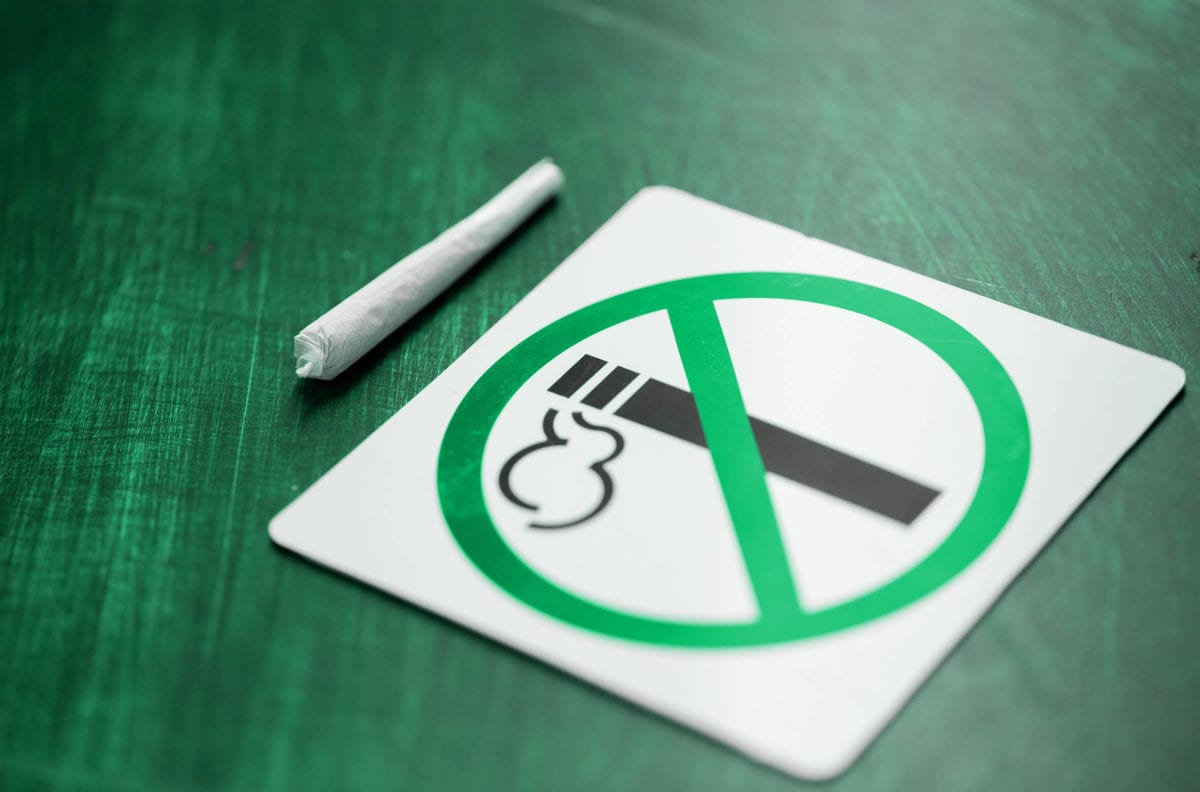It was once easy to rule out anyone who tested positive for marijuana from employment, but the area is no longer cut-and-dry. As more states allow medical and recreational use of the substance, the job market is getting tighter. Can you afford to overlook qualified candidates due to marijuana use alone?
How it affects Texas employers
You may assume that if you’re a Texas employer, marijuana use is a non-issue. It’s still illegal in Texas, and that’s that. However, consider these factors:
- Low-THC CBD oil, an extract from the cannabis plant, is legal to consume in Texas under very specific medical requirements, mostly for those with epilepsy who aren’t helped by other medications. It’s THC that makes marijuana psychoactive and euphoric, so that’s the substance that is tested in most employer drug tests. It’s possible (although unlikely) for someone taking a low-THC CBD oil for medical reasons to test positive for marijuana.
- When hiring remote workers, you need to be aware of the worker’s own state law when it comes to marijuana use. Take those laws into consideration when drug testing and understand the legal difference between recreational and medical marijuana use. Some states like Massachusetts and New York protect medical marijuana users with reasonable accommodation requirements.
- A positive test result should be put into context. It’s unlikely but possible that other prescription drugs, NSAIDs like Advil, and even kidney disease can cause false positive readings for marijuana. Plus, detectable THC levels can stay in someone’s system for up to 30 days after causal use or even 90 days after stopping regular use.
What to do about it
Even in states in which marijuana is legal, there are restrictions when it comes to workplace safety. In most jurisdictions, discriminating against someone who uses marijuana even for medicinal reasons is a moot point when the drug inhibits work performance. Plus, organizations with federal grants, large government contracts, or safety-sensitive transportation employees must maintain a drug-free workplace in accordance with the Drug-Free Workplace Act of 1988.
Update your drug policies with these factors in mind. Firing an employee or passing on a job candidate solely for using marijuana can land you in hot water in some jurisdictions, but Sheehan Phinney Bass & Green Attorney James Reidy along with HR Dive Editor Katherine Moody recommends prohibiting the use, possession, and sale of drugs on company premises; forbidding showing up to work under the influence; and reserving the right to conduct searches at work.
But here’s a catch:
“Employers generally retain the right to discipline an employee who is impaired by drugs while at work. But while blood alcohol content is a well-accepted standard of how impaired someone is, for example, there are currently no widely adopted tests for how much THC in the body…is considered acceptable,” Reidy and Moody point out.
Duane Morris LLP Attorney Linda Hollinshead recommends a workaround for when an employee is tested for reasonable suspicion. “Typically, when this issue comes up, it’s because something else is amiss — usually that’s the safer issue for discipline,” Hollinshead says. “If you have discipline and discharge policies for underlying conduct, you can rely on those.”
Since Texas is an employment-at-will state, following this course of action may be the easiest way to proceed. However, with the factors listed above, it’s important to tread carefully. Update your drug policies with a qualified attorney and take into consideration the jurisdictions and circumstances that affect each of your employees.





